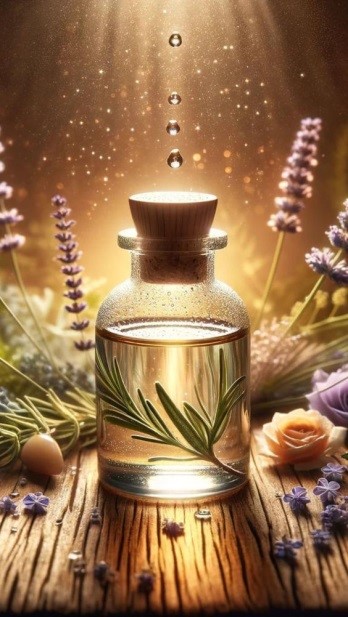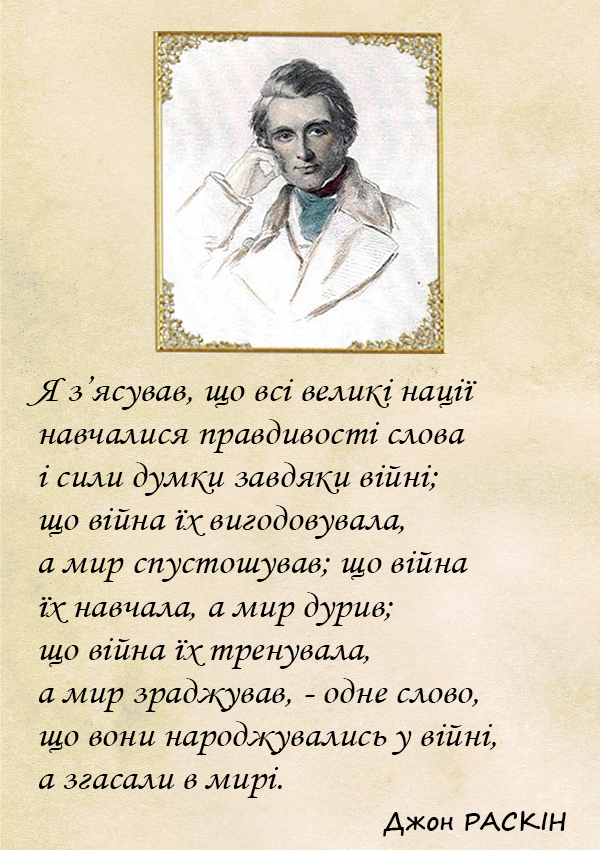
(opinion article)
Aromatherapy (Greek: aroma – fragrant herb + therapeia – care, care, treatment) is a method of therapy using essential oils that are introduced into the body through the respiratory tract (inhalation, inhalation) and through the skin (massage, compress, etc.). The modern revival of Aromatherapy dates back to 1937. The leading countries in this field are France and Britain. This kind of therapy can be used both separately and in combination with other non-pharmacological (physiotherapy, psychotherapy, etc.) and medical methods (chemotherapy). I think that Ukraine has a great potential in this modern medicine trend..
Sometimes aromatherapy is misinterpreted when it is understood only as a method of treatment with the help of odors that affect only the emotional state of a person. Essential oils are not just substances that have a pleasant smell, but have a wide range of effects on the human body too. Aromatherapy oils are used due to their high biological activity: their components cleanse the respiratory tract, increase blood circulation, activate the endocrine glands, stimulate the body’s protective functions, and tone and relax. Essential oils have an extremely high level of penetration into the human body in different ways depending on the aroma procedure.
Generally speaking, it is a method of eliminating the obvious signs of certain diseases and, above all, improving the overall physical and mental state through the influence of a properly selected aroma composition of essential oils. The most controversial issue is the internal use of essential oils. Since some essential oils are obtained by extraction with organic solvents, a possible side effect is a weakening of the immune system and an allergic reaction due to the high toxicity of solvents, the separation of which from the essential oil is incomplete.
The great therapeutic activity and harmlessness of essential oil is primarily determined by its high quality. The quality of essential oil is characterized by organoleptic properties: transparency, homogeneity, absence of sediment and inclusions; physicochemical properties: certain values of density, angle of rotation, refractive index, solubility in alcohol, acid and ether number, qualitative and quantitative composition. To achieve a highly effective aromatherapy effect, it is necessary to use essential oils of the highest quality.
The falsification of essential oils is an urgent problem. First of all, it concerns expensive oils: rose, jasmine, tuberose. The addition of synthetic substances not only reduces the therapeutic effect, but can also cause toxic effects due to the fact that synthetic products contain 2 to 15% of impurities, which are usually compounds containing chlorine. Like essential oils, they are highly soluble in fats, easily penetrating the skin, and can accumulate in nervous tissues and have a toxic effect. For example, falsified pine oil can undergo oxidation, and the products of this process can lead to the appearance of skin tumors. The quality of essential oil is significantly affected by the place of cultivation of the essential oil plant. The best are lavender, geranium, rose, and jasmine oils produced in France (Grasse, Nice, and Cannes).
Italy and Spain are the main centers of production of essential oils from citrus fruits (lemon, orange). Germany processes both its own raw materials (dill, fennel) and imported ones. England produces high-grade mint (Mitcham) and lavender oils. Bulgaria produces high-quality rose oil, Morocco – rose and jasmine oils, India – sandalwood and tuberose oils, and the islands of Ceylon, Java, and Reunion – cinnamon, geranium, vetiver, palm-rose, lemongrass, ylang-ylang, etc. I believe that in the near future, Ukraine will take a worthy place among the world leaders in aromatherapy oil production. We have all the prerequisites for it; incredible black soils and a wonderful climate zone.


























































Залишити відповідь